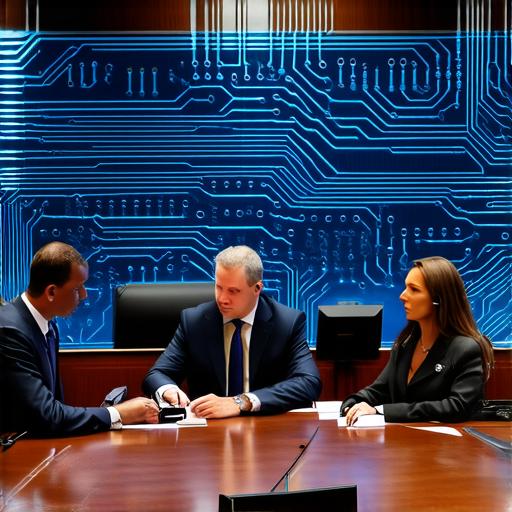As game development becomes more complex and diverse, non-fungible tokens (NFTs) are becoming an increasingly popular way to create new revenue streams and engage players. These unique digital assets can represent ownership of items such as art, music, and collectibles, providing a unique and valuable addition to any game.
However, before incorporating NFTs into your game, it’s important to understand the legal issues related to them. In this article, we will explore some of the key legal issues that game developers need to consider when using NFTs in their games.
One of the most significant legal issues related to NFTs is ownership and intellectual property rights. When a player buys an NFT, they are essentially purchasing the right to use the item for a specific purpose. However, this does not necessarily mean that the player owns the item outright.

The ownership of the item may depend on the terms of the agreement between the player and the game developer or seller. For example, if a player buys an NFT that represents a unique in-game item, such as a rare weapon or character, they may only have the right to use that item within the game.
If they want to use the item outside of the game, they would need to obtain permission from the game developer or seller. This highlights the importance of carefully drafting agreements and providing clear terms for NFT ownership and use.
Another important aspect to consider is intellectual property rights. The creator of the NFT may still retain the copyright on the underlying asset, such as the artwork or music that the NFT represents. This means that players may not be able to use the item for commercial purposes without permission from the creator.
Game developers should ensure that they have proper licensing agreements in place with creators and artists to protect their intellectual property rights.
Regulation and compliance is another legal issue related to NFTs. In many countries, including the United States, there are no specific laws governing the sale or use of NFTs. However, this does not mean that game developers can operate without any restrictions.
If a game developer sells NFTs to players in the European Union, they may need to comply with EU data protection laws. This includes obtaining consent from players before collecting and processing their personal information, as well as implementing appropriate security measures to protect the data.
In addition, if a game developer plans to use NFTs for financial transactions, such as buying or selling items in-game, they may need to comply with anti-money laundering (AML) regulations. This includes verifying the identity of players and monitoring their transactions for suspicious activity. Game developers should ensure that they are familiar with all applicable laws and regulations related to NFTs and take appropriate steps to comply with them.
One of the most well-known examples of NFTs is Cryptokitties, a blockchain-based game that allows players to breed digital cats. In 2017, the game raised over $3 million in Ethereum tokens by selling unique digital cats as NFTs. However, the success of Cryptokitties also highlighted some of the legal issues related to NFTs.
The creators of Cryptokitties did not explicitly state who owned the underlying assets that the cats represented, leading to confusion among players. In addition, the game raised concerns about regulation and compliance, as it involved financial transactions on a decentralized platform.
In conclusion, there are several legal issues related to NFTs that game developers need to consider before incorporating them into their games. These include ownership and intellectual property rights, regulation and compliance, and the potential for fraud and scams. While NFTs can provide new revenue streams and engage players, it’s important to ensure that you are operating within the law and protecting player information. By understanding these legal issues and taking appropriate steps to mitigate risks, game developers can successfully integrate NFTs into their games while avoiding potential legal pitfalls.
